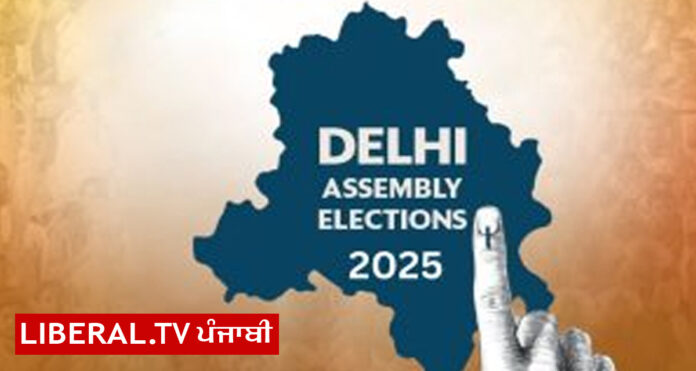Delhi is holding elections today for its 70 assembly seats, a crucial contest for Arvind Kejriwal’s Aam Aadmi Party (AAP), which has faced massive corruption allegations recently, particularly concerning a scrapped liquor policy. The election is a triangular battle between AAP, the BJP, and Congress.
Kejriwal’s AAP has dominated the last two Delhi elections, but the party’s reputation has been tarnished by corruption charges. The BJP, led by Prime Minister Modi, is hoping to capitalize on huge rallies and its vast election machinery to secure a win. After years of political obscurity in Delhi, Congress is also hoping for a comeback in the capital.
Kejriwal and several top AAP leaders, including Manish Sisodia, were jailed for months over the liquor policy scandal. Kejriwal temporarily stepped down as Chief Minister, leaving Atishi in charge, but vowed to return to the top post only after earning a “certificate of honesty” from the people. Meanwhile, AAP has been hampered by repeated clashes with the Lieutenant Governor over various issues. Despite a Supreme Court ruling affirming the Delhi government’s powers, the Union government issued an ordinance giving the Lieutenant Governor control over bureaucrats, further straining the AAP administration.
The corruption allegations have been particularly damaging to AAP, a party originally founded on an anti-corruption platform inspired by Anna Hazare. However, the party’s focus on governance in education and healthcare earned it a strong second term, as well as success in Punjab. Despite accusations of a “revdi culture” by PM Modi, AAP’s governance model has garnered national attention.
A loss for AAP in Delhi would be a major blow to its credibility, but a victory would cement its standing as a formidable challenger to the BJP.



